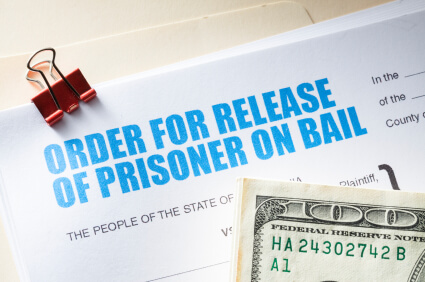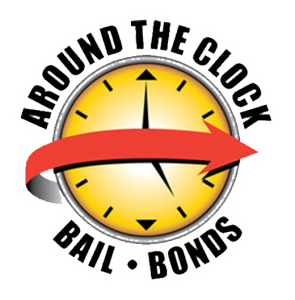When Can Courts Deny Bail?
What is Bail?
Bail is considered money or property which is traded with a court in exchange for the release of a suspect from jail until court appearances. Bail is first addressed during arraignment of the defendant.
The purpose of bail is to insure the defendant will appear in court for all scheduled appearances. The bail will be returned without regards to the verdict of innocent or guilty, as long as the defendant appears at all scheduled court dates. Bail can be refused to the defendant by the court. There are several reasons why this can happen.
There are circumstances in which bail can be denied. Some circumstances guarantee the refusal of bail, unless some rare and special circumstance is considered. If bail is refused, it is possible, in some cases, to appeal bail to a higher court. Bail can be set at a wide range of values, from a few thousand to a few million dollars.
Why can bail be denied?
- If the defendant is charged with murder, treason or a similarly severe crime
- If a violent felony is the accusation, and the alleged commission of the crime was committed while the defendant was on parole, probation or was released while awaiting trial for another violent felony
- If the defendant has escaped or attempted to escape from prison with or without using force or violence
- If the crime in which the defendant is accused is so offensive that the defendant may pose a threat to society
- If there is a possibility that the defendant could be a threat to the victim
- If there is a likelihood of the defendant being a flight risk
- If there is an unacceptable risk factor
- If within 15 years of the alleged violent felony the defendant has been convicted of two or more violent felonies
- If the accused, within the last 10 years, has been found guilty of threatening the use of violence or stalking
- The court is satisfied that on a separate occasion, the accused, even if not charged or found guilty, used or threatened violence against the complainant
- Within 10 years preceding the current accusation, the defendant has been convicted of an offense that involved threatening to use or did use violence against any person
- There is strong evidence against the defendant
- The offense is a stalking offense
- Any crime is basis for bail denial if the accused used a firearm, explosive or any offensive weapon
- The crime involves commercial trafficking of drugs
There are circumstances in which bail can be denied to the accused. These may involve past actions by the defendant that point to signs they will not appear at their scheduled court appearance.
- The defendant has the means to flee the country
- The defendant has past history of not appearing in court, if only to answer to traffic violations
- The defendant has made comments to a court representative or an arresting officer to the effect that they will not appear in court
- The defendant has a belligerent attitude with regards to the court system
- The accused has a mental impairment and is without family or a friend to ensure the accused will appearance in court
- The defendant is a foreigner that could return to their native country





